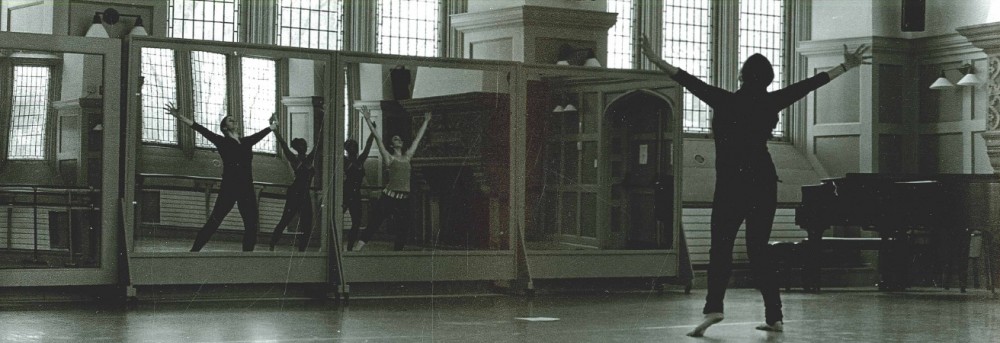Martha Graham’s career spanned a period of 80 years. Of the 181 pieces she created during her prolific career Chronicle (1936), the larger work of which Steps in the Street is a part, is one of a very few to be considered explicitly political in nature. This work is considered Graham’s response to the rise of fascism in Europe and, more specifically, her reaction to the outbreak of the Spanish Civil War.
During the 1930’s there was a strong Leftist presence in New York City’s cultural scene and some of this political activity in the arts emanated from the Lower East Side, defined then by its immigrant communities. From these communities came dancers Anna Sokolow and Sophie Maslow, both of whom danced with Graham in the original production of Steps in the Street and became prominent choreographers in their own right. Sokolow and Maslow, like many dancers from the downtown arts enclaves, were involved simultaneously with new dance movements which sought to use dance as a political tool capable of inciting social change.
While Martha Graham did not employ the same techniques of political activism as her creative contemporaries, she conveys powerful social commentary in Chronicle through the piece’s group structure and articulation of raw emotion through movement.
Chronicle is a group piece in three sections:
- Spectre – 1914 (Drums – Red Shroud – Lament)
- Steps in the Street (Devastation – Homelessness – Exile)
- Prelude to Action (Unity – Pledge to the Future)


